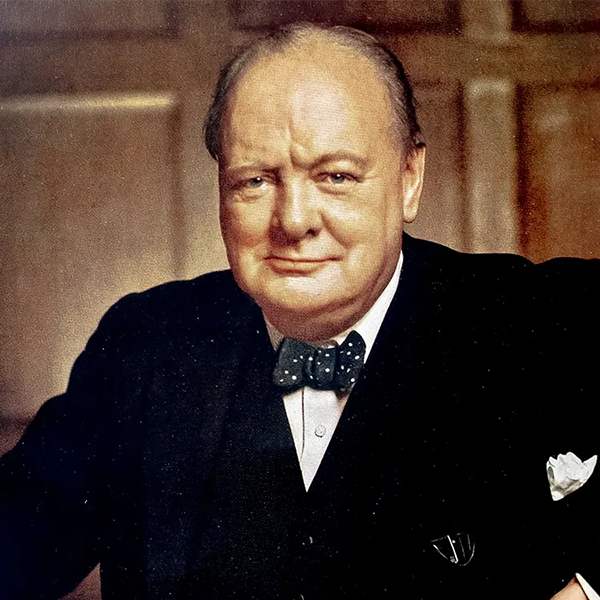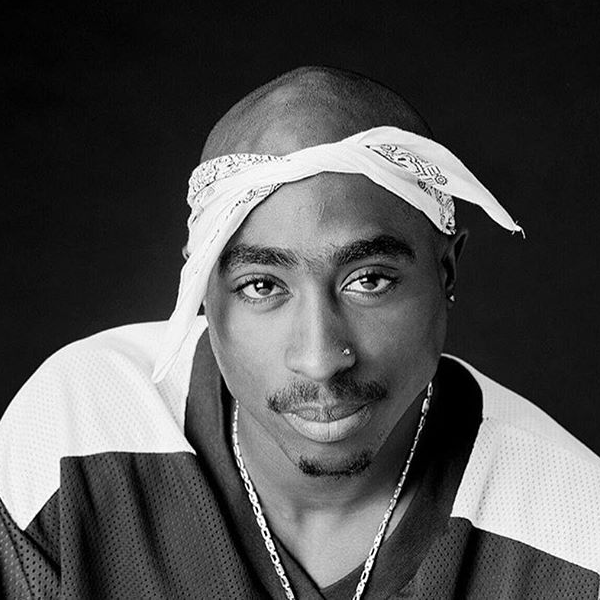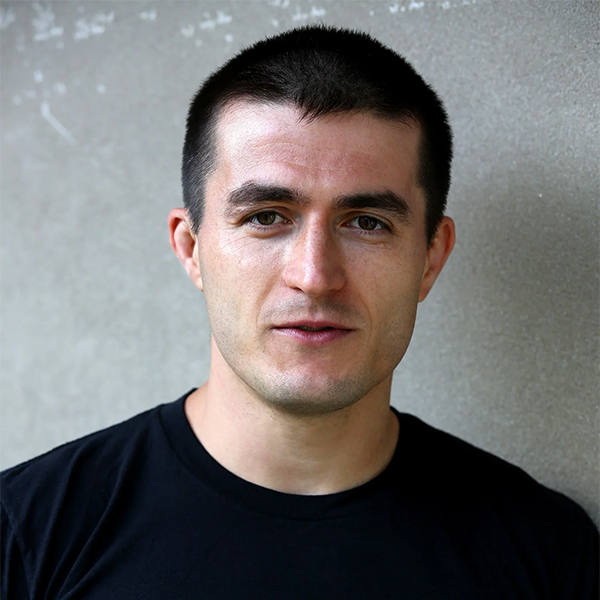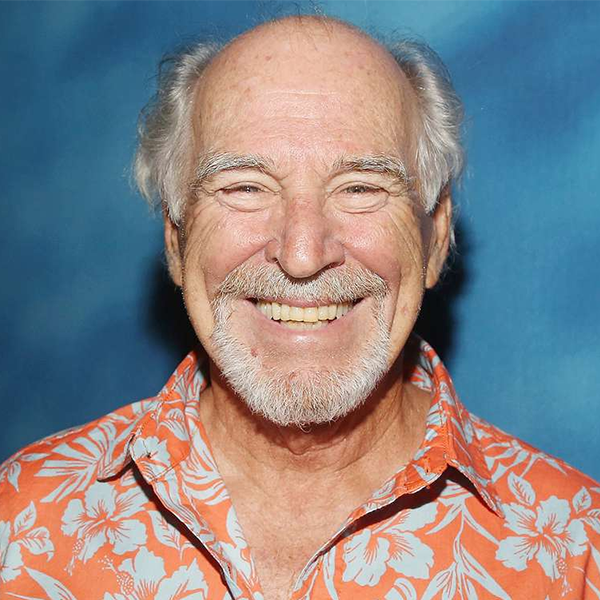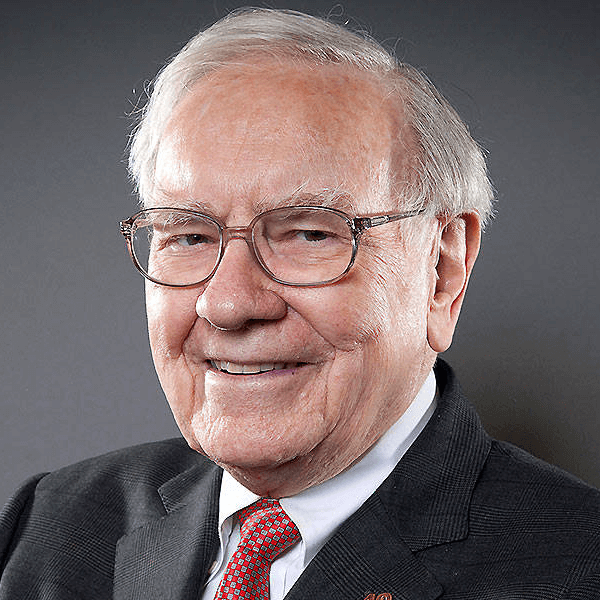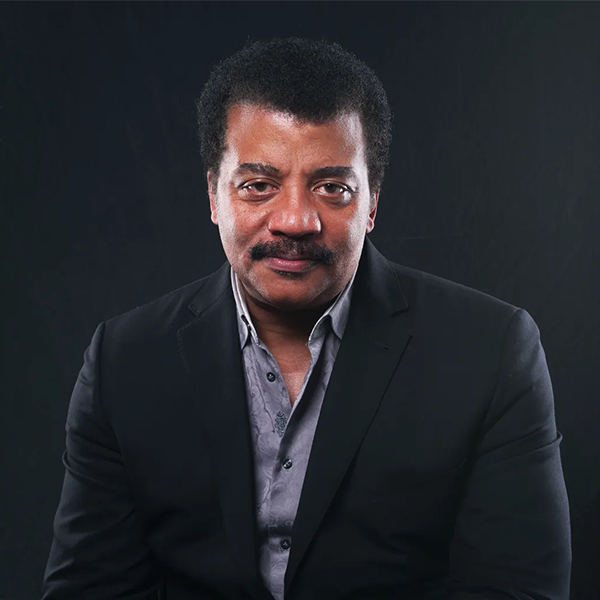Bill Gates, co-founder of Microsoft Corporation, is one of the most influential tech entrepreneurs and philanthropists of our time. Born in 1955 in Seattle, Washington, Gates demonstrated early interest and aptitude in computer programming, which led him to drop out of Harvard University to pursue his vision of personal computing for every household. Under his leadership, Microsoft became a dominant player in the tech industry, revolutionizing software development and accessibility with products like Windows and Office. Since stepping down from Microsoft, Gates has dedicated much of his vast fortune to global health, education, and climate change initiatives through the Bill & Melinda Gates Foundation.
❝Reading is still the main way that I both learn new things and test my understanding.❞ — Bill Gates
Gates is well-known for his dedication to reading and learning, often discussing books on his personal blog and sharing annual reading lists that span a range of topics from public health to climate change and political history. His avid reading habits are part of a broader commitment to lifelong learning and understanding complex global issues. Gates credits reading not only as a source of knowledge but also as a way to test his understanding and to challenge his assumptions. His reflective approach to reading emphasizes the importance of being informed and remaining curious about the world.










